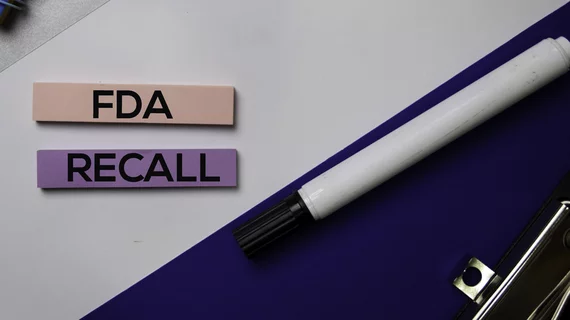FDA announces new Class I recall of troubled heart devices
The U.S. Food and Drug Administration (FDA) has announced that Datascope, a subsidiary of Getinge, is recalling certain Cardiosave intra-aortic balloon pumps (IABPs) due to a risk that they could stop working with no warning.
The recall includes approximately 2,300 Cardiosave Hybrid IABPs and Cardiosave Rescue IABPs. According to the FDA, only devices distributed prior to July 24, 2017, should be affected.
This is a Class I recall, meaning the FDA believes the use of these devices “may cause serious injuries or death.” There have been 44 complaints about this issue so far, but no reports of injuries or deaths.
The unexpected shutdowns have been attributed to an issue with the coiled cable connecting the device’s display and base. When that cable fails, it causes the IABP to stop working.
“This shutdown will occur without warnings or alarms to alert the user,” according to the FDA’s advisory. “Once the error occurs, the coiled cord needs to be replaced for the device to work again.”
If an unexpected shutdown occurs, the FDA has advised users to attempt to restart the device until an alternative IABP is available. If restart attempts fail, another IABP should be used to complete the patient’s treatment. Users should then contact a Datascope/Getinge customer service representative.
Datascope has developed a hardware upgrade that can correct this issue. Once “correction kits” are available, representatives from Datascope/Getinge will be reaching out to impacted customers.
Read more about the recall here.
Prior issues with Cardiosave intra-aortic balloon pumps
This is not the first recall involving these devices. In December 2021, for example, a separate Class I recall was announced due to fluid leaks. At the time, there had been 71 complaints and one patient death attributed to the issue.
Also, a separate recall was announced in January due to a risk of blood entering the device through a damaged catheter. That issue was linked to 134 incidents, four serious injuries and one patient death at the time of the recall.

